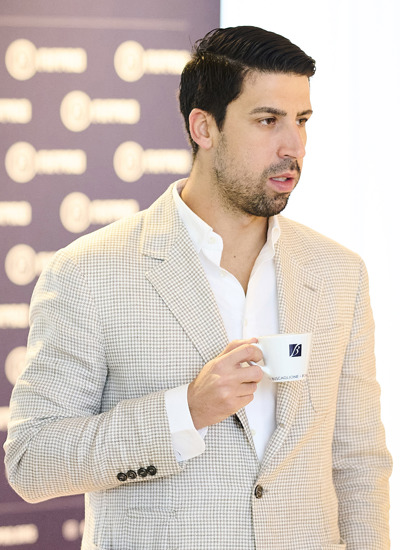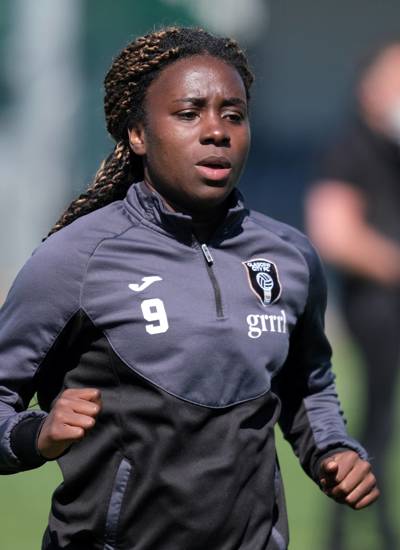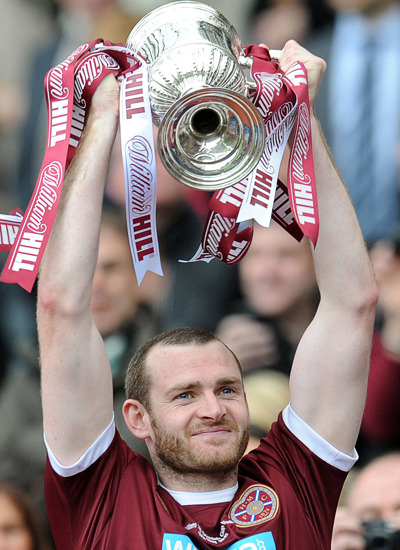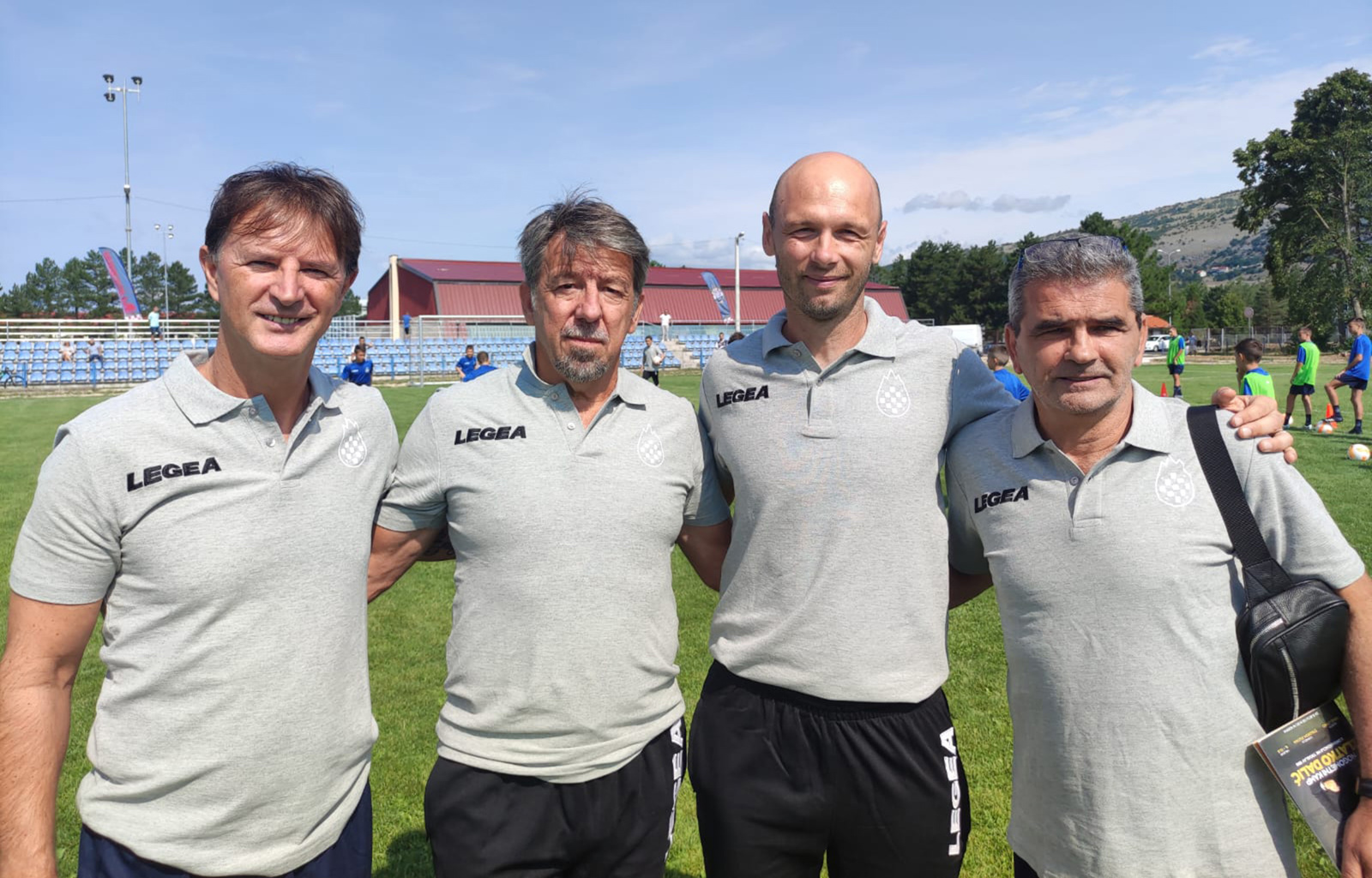

About
Dino Kresinger
Dino Kresinger recently retired from a professional career which saw him play at the likes of NK Medimurje, Cibalia, and Western Sydney Wanderers. During this time, he undertook part-time studies in Sports Management, and is currently the head coach of NK Varazdin U-17 team.
I have been very fortunate as a footballer. I have played in lots of countries: Australia, Bosnia, Croatia and Slovenia. I have met lots of interesting people and had many great experiences.
However, now that I have finished playing these are all memories and, as nice as they are, I need more to fulfil me in this next stage of my life.
Towards the end of my professional football career, I studied Sports Management through the FIFPRO Online Academy at the University College of North Denmark. I wanted to educate myself so that when the time came to look for a new job, I would be a competitive prospective on the market.
I was able to join recorded classes online which was extremely helpful, as with games, transfers, training and travel, it would be hard to slot into a normal college schedule.
As footballers, we play the game. We’re engrossed in it. But a huge percentage of us go bankrupt once we’re retired – because we simply don’t know what else to do. A small fraction of us will earn enough money from our playing careers to keep us going for the rest of our lives, but we all need to be prepared for a plan B.
Even those who are lucky enough to earn a substantial salary face the problem of getting used to spending a lot of money – which doesn’t bode well when the source dries up. Earning an education while you play isn’t just a back-up, its simply planning for the future.
My current job, as head coach of NK Varazdin U-17 youth team, is obviously deeply rooted in football and I have picked up a lot from my playing career.
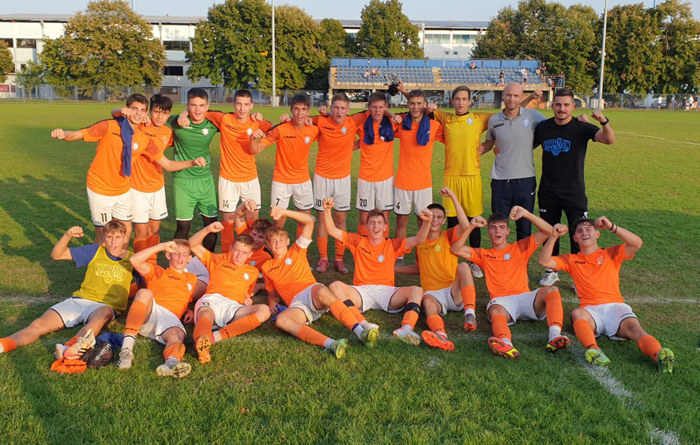
However, my education in sports management has given me new insights and flexibility in the role. My communication skills, competitor analysis, and planning co-ordination were all developed through the course that I studied, and they help me to be the best coach that I can be.
I am very happy pursuing my coaching ambitions for now, but should I want to sidestep into a directorial role in later life, I know that I have the background to help me get there. Retiring doesn’t stop you being an athlete, and physically you might not feel any different from when you were at the height of your career, as you can always keep your body in good shape if you put the effort in.
Mentally, however, it’s a difficult adjustment. When you’re on the pitch and scoring goals, you feel special and important, but when you retire you become insignificant in the eyes of the general public – and you have to start all over again, forging a name for yourself. It doesn’t matter whether you played Champions League or in the Croatian top-flight – you’re going to have to start from zero once you hang up your boots.

It took me around three years to adjust to life after professional football, and that was with a new career path lined up before I stopped playing. It was hard, because I kept myself physically fit and I still play in lower divisions, so it took a while to disengage from the mindset of a professional player.
Now I’m at the stage that I play football for fun, and it’s a completely different world: we meet twice a week, play some football, and sometimes go out afterwards to eat, drink and just generally hang out. I find that I’m actually enjoying the game more than I did before.
I started out coaching U-10s, and I have now progressed to taking charge of the U-17s and, although I definitely hope to work with a senior team at some point, I feel like I fit very well into this role at this point in my career.
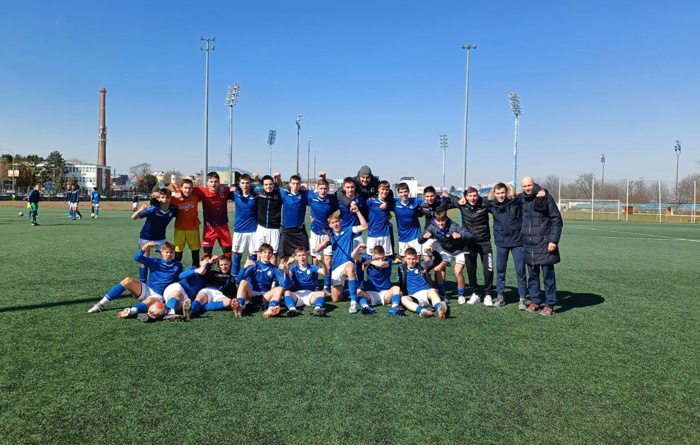
Coaching a team that, say, three out of 20 will go on to have professional careers, I feel that I am well placed not just to guide them through the game, but towards other life choices. Having undergone further education myself, I’m able to answer their questions about life after football and the positive options that are open to them.
I instil in all of them the importance of education, no matter how well they play. For many of them their parents are echoing the same thoughts, but I think it’s easier for young people to listen to someone outside of their immediate family, even if the message is ultimately the same.
Could I have been where I am at just now without further education? Perhaps. Many do take a direct route from playing to coaching. However, those four years prepared me for life after football, expanded my mind to see the game from a different perspective, and gave me a drive to stand out off the pitch.
I don’t think any of us should be looking at the development of skills outside the game as a plan B, but rather an opportunity to invest in ourselves not just as players, but as people.
